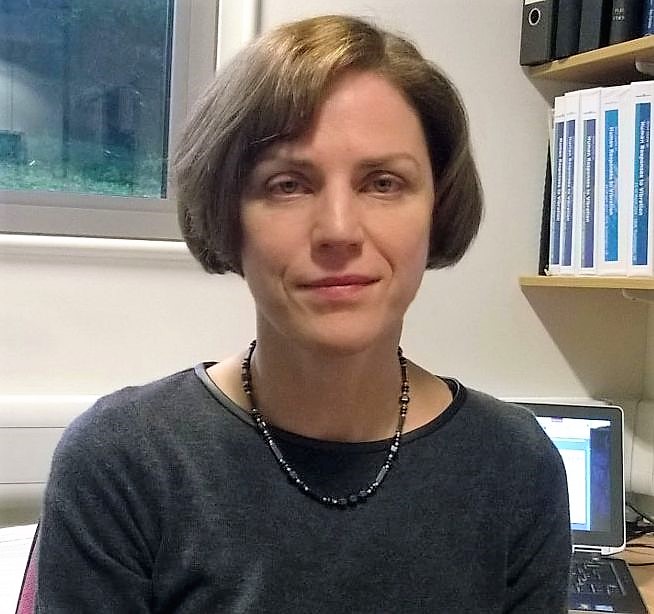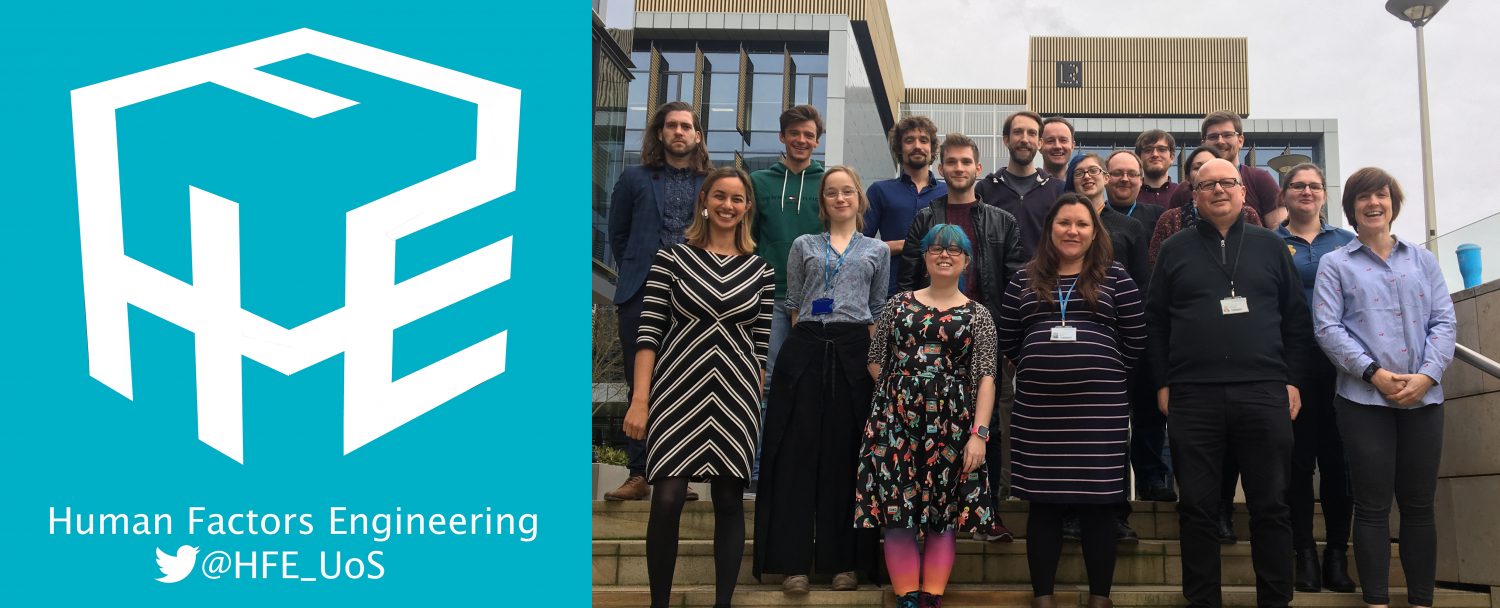
Dr Henrietta Howarth has over thirty years of experience in human factors research and consultancy focussed on optimisation of motion environments and human responses in land, sea and air transport and buildings. Henrietta obtained a PhD in the Human Factors Research Unit (HFRU) of the Institute of Sound and Vibration Research at the University of Southampton in 1989. Henrietta continued her research within the HFRU until 2016, investigating effects of vibration on human comfort, health, performance and motion sickness. She has conducted many field and laboratory investigations for rail, automotive, aircraft and marine and construction companies, the MoD and governmental organisations. Henrietta has managed various collaborative EU research programmes led by the University of Southampton, including the development of a ‘Non-binding guide to good practice for implementing EU Directive 2002/44/EC on vibrations at work’ which was translated by the EC into all European languages.
As Technical Consultant for Dstl from 2017 to 2019, Henrietta was Vibration Lead for the MoD’s land vehicle noise and vibration project, conducting assessments of health impacts on crew of exposure to vibration in military land vehicles and providing guidance to Army HQ on approaches to mitigation.
As Member of British Standards Institution Sub-Committees and Panel Chair, Henrietta has contributed to the development of various standards concerned with human responses to vibration and ergonomics of the physical environment.
Henrietta joined the Human Factors Engineering team of the Transport Research Group at the University of Southampton as Senior Research Fellow in Mobility as a Service (MaaS) in 2021. Her current research contributes to the DfT’s Future Transport Zone programme, a multidisciplinary project in collaboration with the University of Portsmouth and Solent Transport aimed at developing innovative and sustainable transport. Henrietta’s current research applies human factors methodologies to the development and testing of a MaaS App aimed at reducing private car usage, making travel journeys smarter and greener within the Solent region.
